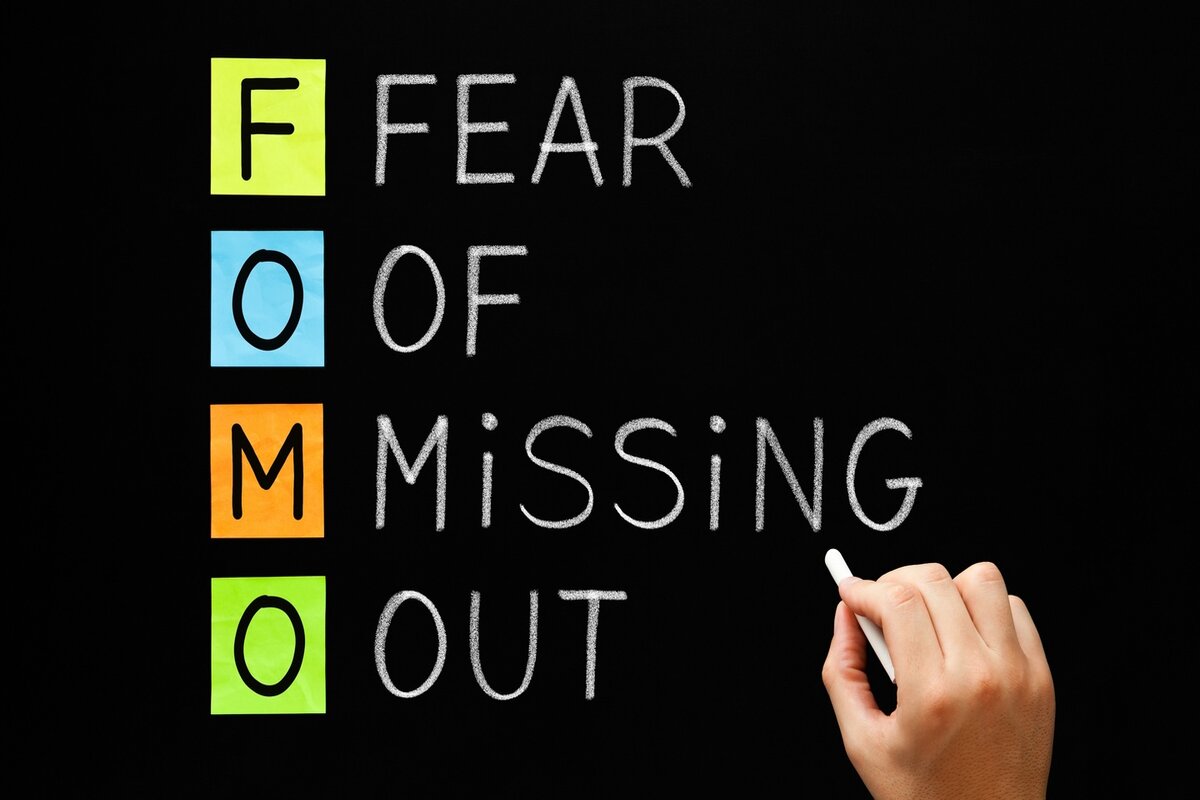Now Reading: What Is FOMO? | Maybe You Have This Problem
-
01
What Is FOMO? | Maybe You Have This Problem
What Is FOMO? | Maybe You Have This Problem

Do you know what FOMO is? You might be experiencing this issue.
The internet serves as a powerful tool for connecting people in today’s world. It has started to impact our emotions, thoughts, and behaviors. Recent studies show that FOMO manifests in two main ways: “Doomscrolling” and “Problematic Social Media Use.”
Let’s delve deeper into this topic to understand what FOMO is and how it influences our daily lives and feelings. FOMO is a fear of missing out on social events and activities, driving us to repeatedly check our social media accounts throughout the day.
Researchers are examining this phenomenon to gain a better understanding of its implications on well-being, mental health, and social media usage. The urge to frequently check social media has become uncontrollable for many, leading to problematic internet use in today’s society.
This behavior has a detrimental impact on daily life, with individuals constantly checking their phones even during work or other tasks. The compulsion to stay updated with social media is undeniable.
Doomscrolling is associated with the constant need to check social media news feeds for updates, often seeking out negative news. This habit has escalated, with individuals staying up late to stay informed. The problematic use of the internet has been prevalent since the advent of social media, but its severity is on the rise.
The concept of doomscrolling is relatively new and evolving rapidly, necessitating further research to address its negative effects. Researchers are striving to gain a deeper understanding of this behavior through ongoing studies.
Maintaining a balance is crucial for individuals experiencing high levels of FOMO to regulate their emotions and prevent problematic internet use. A mindful approach to internet usage is vital for improved mental well-being, as excessive social media consumption can have adverse effects.
Recognizing the signs of FOMO and consciously limiting social media checks can promote emotional stability and mindfulness. While it may be challenging, reducing social media usage is essential for emotional well-being and mental health.
References:
https://link.springer.com/article/10.1186/s12888-024-05834-9
https://www.ncbi.nlm.nih.gov/pmc/articles/PMC8283615/
https://www.ncbi.nlm.nih.gov/pmc/articles/PMC7735659/



